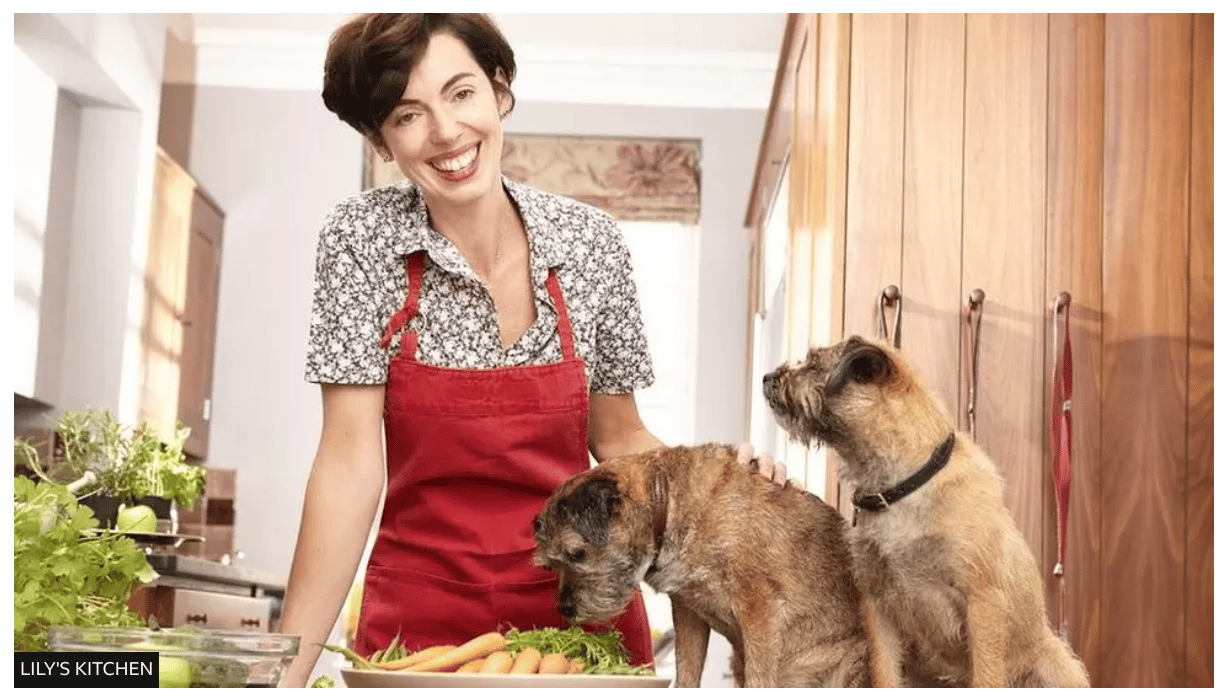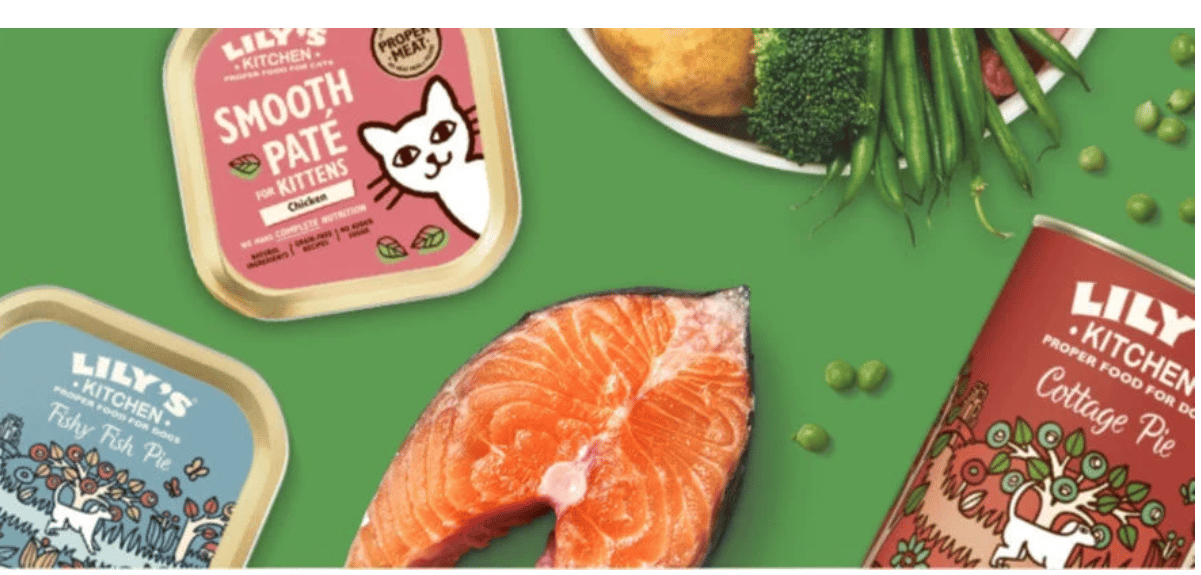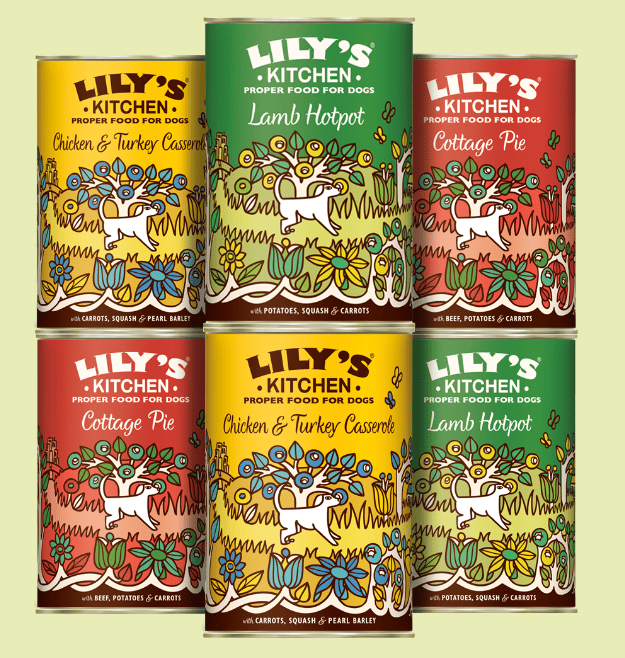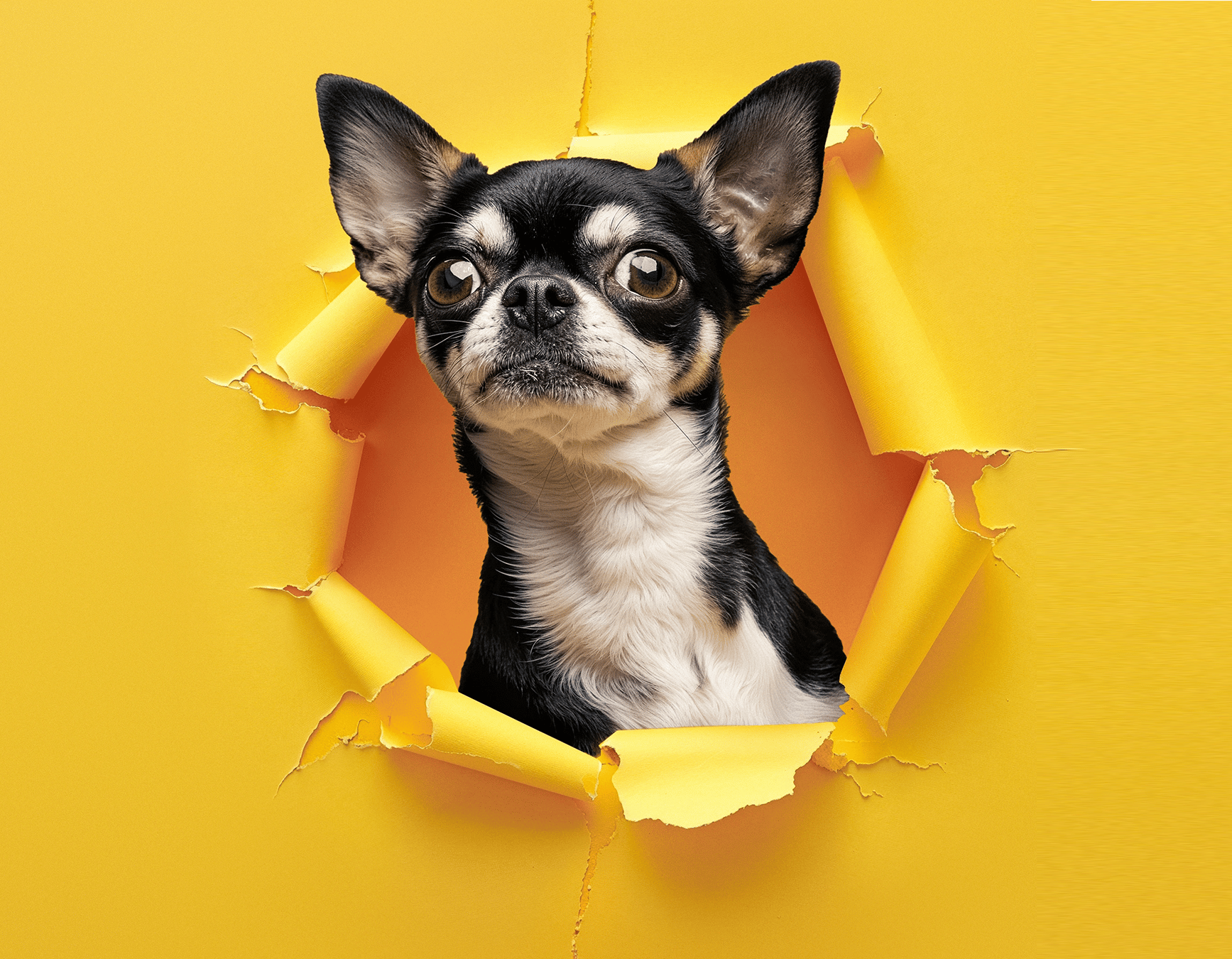- Luxury Pet Care News
- Posts
- From kitchen table to US$100M+ exit
From kitchen table to US$100M+ exit
How Lily’s Kitchen became a UK pet food powerhouse
Welcome back, readers!
This week in Luxury Pet Care News, we explore the story behind one of the UK’s most beloved premium pet food brands: Lily’s Kitchen.
What began at founder Henrietta Morrison’s kitchen table has grown into a powerhouse in the pet care industry.
From humble beginnings to its acquisition by Nestlé Purina, Lily’s Kitchen helped redefine what “real food” means for pets.
Many pet owners don’t realize that chronic illnesses (like diabetes or allergies) can cost far more over a pet’s lifetime than a single emergency.
Pet insurance could save you thousands in repeat treatments and costs, so you’re not forced to choose between your pet’s health and other important expenses. Check out Money’s best pet insurance list to find plans starting at $10/month.

In 2008, Henrietta Morrison founded Lily’s Kitchen in her London kitchen, driven by a very personal mission: to heal her dog Lily’s health issues through better nutrition.
“After about a year or so, she started to get really quite ill and just had lots of sore patches, her fur was falling out, she was forever itching her ears, licking her paws. She just didn't seem right,” Morrison said during an interview with Holly&Co in 2022.
“One day she would just refuse to eat. I put the food out in her bowl and she just would back away from the bowl, which you can imagine is very unusual for a dog,” Morrison added.
Frustrated with the dog food options on the market, Morrison began preparing meals for Lily using fresh, organic ingredients.
“I just thought, God, what is going on? A couple of days went past and I just thought, I'm going to try and cook for her and see what happens. So I cooked for her, and she ate it all up.”
After less than two weeks of better nutrition, Lily improved dramatically, and Morrison realised there was something wrong in the pet food category.
This experience led to the creation of Lily’s Kitchen. While Morrison was already a seasoned entrepreneur, she had no experience in pet nutrition.
“I love challenging the status quo - that's very much part of my DNA,” Morrison told Holly&Co. So she set about creating a better way of feeding dogs, during a time when the pet industry was “100% dominated by the big boys.”

Lily’s Kitchen founder Henrietta Morrison. Source: BBC News
Creating the market while developing the product
At the time, the pet industry was dominated by products consisting of meat meal and mystery additives, wrapped in bland packaging (usually a dog’s face with tongue hanging out).
Many buyers scoffed at her pitch, and lack of experience in pet food. “If I’d worked in pet food… there’s absolutely no way I would have set up this business,” she told The Challenger Project.
What Morrison did have on her side though, was product validation (through primary research over two years), conviction and around £150,000 saved from the sale of her previous businesses.
“I spoke to all kinds of people who I respected in the pet world. You know, conventional vets, homeopaths, herbalists, kinesiologists. Just to get everybody's opinion on what the perfect pet food would look like for cats and for dogs, and just spend loads and loads of time researching,” Morrison told Holly&Co.
Her conviction that pet parents wanted better food for their dogs drove Morrison on:
“I just felt there must be other people like me. When I did a straw poll even on my street, I discovered that everybody on the street cooked for their dogs, because they didn't trust what was in the supermarkets. And I just thought, my God, it's not only me,” she said.

Source: www.lilyskitchen.co.uk
Apart from advertising her product’s superior ingredients, Morrison also leaned heavily into branding and storytelling to set Lily’s Kitchen apart from legacy brands.
Besides naming her products after Lily, Morrison deliberately chose vibrant, hand-drawn packaging to build an emotional connection with pet parents who were seeking something better than the usual generic dog food.
“The pet food aisle was just so dead...” she told The Challenger Project, adding that she purposely chose matte-printed compostable labels to avoid the “bright colour background” clichés that dominated the shelves.
The brand gained early traction through grassroots efforts, such as sampling at farmers’ markets and partnering with independent pet stores. Despite launching during a financial downturn in 2008, demand for the premium brand took off virtually immediately.
“I'm a big believer [that] if you do create a really great product that's really founded on good values, then you will come through.”
How to scale without diluting quality or branding
As demand for Lily’s Kitchen grew, so did logistical and operational demands on the startup. Scaling production while maintaining ingredient integrity and ethical sourcing posed major challenges. Morrison also had to contend with rising ingredient costs and the complexities of working with smaller, local suppliers.
Rather than compromise (every recipe contained 60% fresh meat and 15 herbs), Morrison spent years pursuing long-term supplier relationships. She also introduced rigorous quality control measures.
“I just visited factories and kitchens and all sorts of places across Europe, and pretty much all of them said to me, ‘Look, we can't make your recipe… we've never handled fresh meat.’ This was the first time fresh meat had been used in pet food, can you believe … it's all dry otherwise,” she told Holly&Co.

Source: www.lilyskitchen.co.uk
By the late 2010s, the UK premium pet food category had exploded, with new entrants and private label competitors fighting for market share. To stay ahead, Lily’s Kitchen sought to protect its brand while expanding its distribution, including into major UK retailers like Waitrose and Tesco.
Lily’s Kitchen also diversified its offerings: the brand expanded into cat food, limited editions, grain-free options, vegan versions, and seasonal flavours.
Acquisition by Nestlé Purina
In 2020, Lily’s Kitchen was acquired by Nestlé Purina for an undisclosed sum (reportedly over US$100 million). The deal raised eyebrows: could a brand rooted in ethics and independence survive under a global conglomerate?
Morrison said yes, so long as the brand’s values were protected. She had turned down other suitors over the years but felt Nestlé Purina could help take the business global without compromising its brand values.
“It was the right thing for the brand and the team,” she told The Grocer. “We’d had years of hard graft and I was confident our values would be maintained.”
“I’m so proud of what we have achieved and know the brand will be taken good care of in its next chapter and beyond.”
IN THE NEWS
🇺🇸 The Nutriment Company acquires Purrform ● The Nutriment Company has entered the cat food space by acquiring Purrform.
🇺🇸 Tractive acquires Whistle from Mars Petcare ● GPS tracking and pet health company Tractive has acquired pet wearable brand Whistle from Mars.
🇺🇸 Ollie appoints new CMO ● Human-grade fresh dog food brand Ollie has appointed Allison Stadd its new chief marketing officer.
🇸🇬 Friends & Family Pet Food Company receives Singapore approval for cultivated meat for dogs and cats ● U.S. startup Friends & Family Pet Food Company has received regulatory approval to sell its cultivated meat for dogs and cats in Singapore.
🇮🇳 Cat food makes up 35-40% of Drools revenue ● India-based pet food unicorn Drools said sales of its PurePet Cat brand now make up 35-40% of overall company revenue. In May, Drools sold a minority stake to Nestlé SA.
Daily News for Curious Minds
Be the smartest person in the room by reading 1440! Dive into 1440, where 4 million Americans find their daily, fact-based news fix. We navigate through 100+ sources to deliver a comprehensive roundup from every corner of the internet – politics, global events, business, and culture, all in a quick, 5-minute newsletter. It's completely free and devoid of bias or political influence, ensuring you get the facts straight. Subscribe to 1440 today.
How did you like today's newsletter? |
Luxury Pet Care News is a newsletter covering global trends, growth opportunities and success stories in the premium pet industry. It’s free to subscribe.
Do you have a job opportunity? Reach our audience of pet industry executives, founders and decision-makers with a job listing.
Interested in sponsoring Luxury Pet Care News? Just click here.

